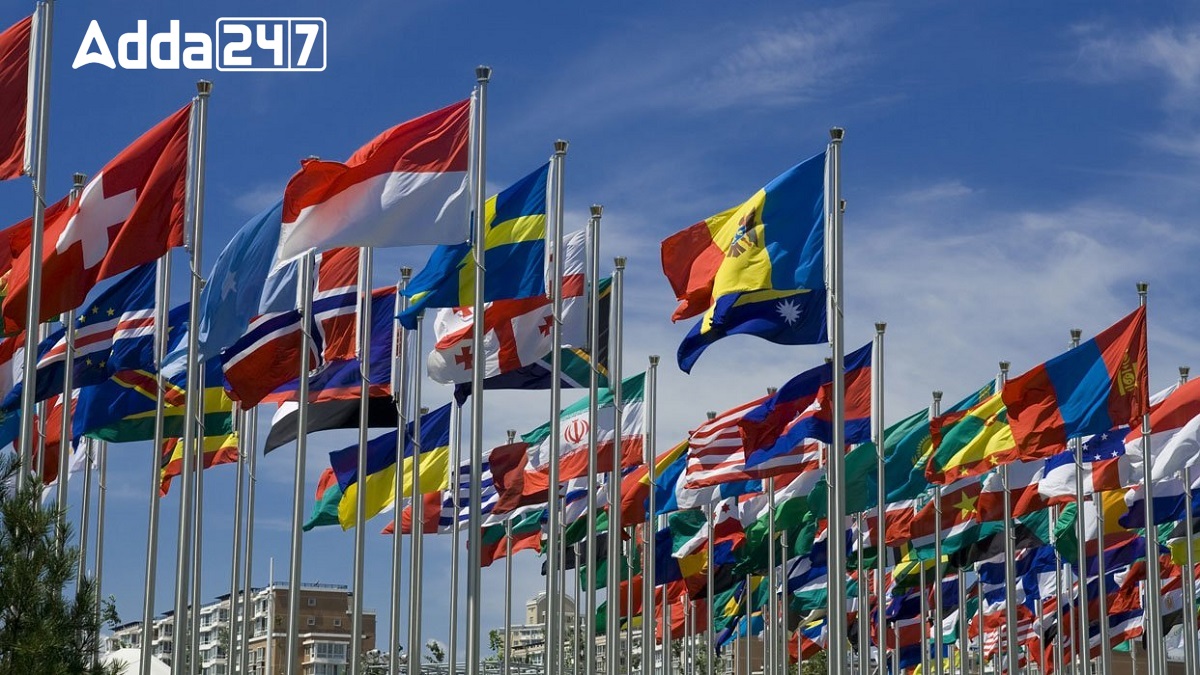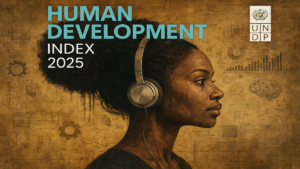The Economic Freedom of the World: 2024 Annual Report evaluates the extent to which individuals in 165 jurisdictions can make their own economic choices. According to the latest data from 2022, the top three most economically free regions are Hong Kong (1st), Singapore (2nd), and Switzerland (3rd). The report indicates a global decline in economic freedom over the past three years, reversing a trend of improvement that lasted nearly two decades.
Key Findings
Disparities in Economic Freedom: On average, jurisdictions with high economic freedom experience significantly better outcomes compared to those with low economic freedom. For instance, the GDP per capita in the freest countries is 7.6 times greater than in the least free countries. Additionally, individuals in the freest countries enjoy longer life expectancies, better satisfaction with life, and lower rates of poverty and infant mortality.
Economic Freedom Correlation: Higher economic freedom is strongly correlated with various positive indicators such as increased income, longer life expectancy, and reduced corruption. The report highlights that those living in the most economically free nations report higher happiness levels and have more access to basic services.
Historical Context and Methodology
The concept of measuring economic freedom began with the Freedom House, which focused on political and cultural freedoms. In response to this, the Fraser Institute developed the Economic Freedom of the World index to better reflect market-oriented perspectives. This index is based on 42 distinct variables, including government size, property rights security, monetary policy, and trade freedom. It provides a comprehensive view of how economic policies affect individual freedoms and overall economic performance.
Influence and Criticisms
The report has been widely referenced in academic research and policy discussions, showing the importance of economic freedom in fostering development and reducing poverty. However, it faces criticisms regarding the robustness of the correlation between economic freedom and growth, with some arguing that high growth rates in countries with lower economic freedom challenge the index’s validity. Furthermore, the complexities of modern economies, such as those in northern Europe, indicate that high levels of welfare can coexist with substantial economic freedom.
2024 Rankings Snapshot
The report ranks the top 10 jurisdictions as follows:
- Hong Kong
- Singapore
- Switzerland
- New Zealand
- United States
- Denmark
- Ireland
- Canada
- Australia and Luxembourg
Some other countries’ rankings
Japan: 11th
Germany: 16th
Korea: 32nd
France: 36th
Italy: 51st
Mexico: 65th
India: 84th
Brazil: 85th
China: 104th
Russia: 119th




 India's Progress in Human Development In...
India's Progress in Human Development In...
 CareEdge State Rankings 2025: Maharashtr...
CareEdge State Rankings 2025: Maharashtr...
 Top 10 Most Expensive Cities To Live Aro...
Top 10 Most Expensive Cities To Live Aro...








